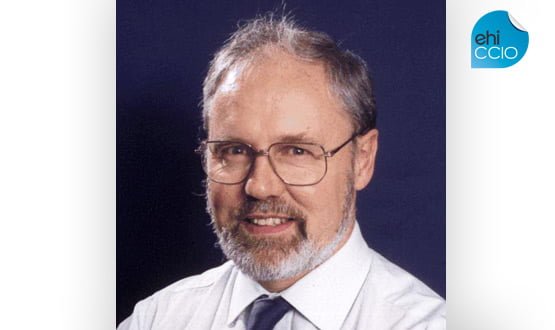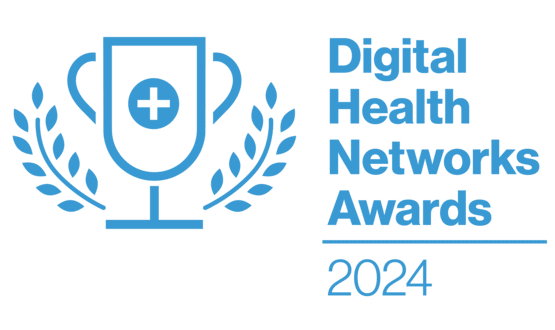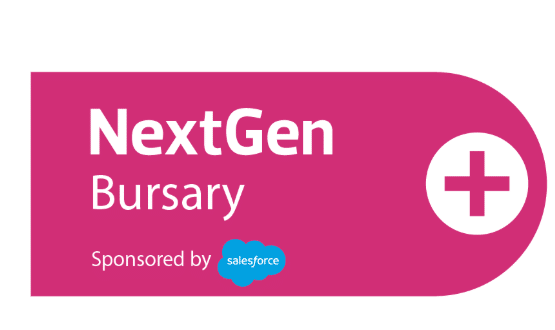EHI CCIO: Opportunities in clinical commissioning
- 12 March 2012

There they were, the great and the good, lined up for a panel discussion at the launch of the EHI CCIO Leaders Network.
We had already heard of excellent work being performed in many hospitals, and of the undoubted benefits that having a chief clinical information officer would bring to IT, information and change projects.
And then it was my turn — the last question of the day. “We’ve heard a lot about CCIOs in secondary care,” I said.
“But bearing in mind that primary care is fifteen years ahead in its implementation of medical IT, what should be the role of the CCIO in the clinical commissioning groups?
Silence. This was not, perhaps, surprising, as while the panel members all had huge expertise, it was in secondary care. Nor was it the fault of the EHI CCIO Campaign, which has led to the network’s creation.
As EHI editor Jon Hoeksma explained, the future of clinical commissioning was far from decided when the campaign was set up, yet it has always seen the potential for CCIOs in primary care.
The campaign asked for the support of the Royal College of GPs – although, unfortunately, this has not been forthcoming – and secured the backing of the BMA. One of the first six CCIOs to be appointed has a GP background – Dr Phil Koczan.
However, as a GP who has been involved in medical IT since the early eighties, I would still like to take the time to answer my own question.
GP IT is ahead
Since the inception of the Quality and Outcomes Framework in 2004, nearly all GP practices have become computerised and large numbers are ‘paperless’.
Primary care has already tackled many of the problems and thought through many of the processes that currently occupy hospital CCIOs.
We’ve discovered the benefits of searching records electronically; of a single electronic repository (which means records are never sequestered in someone’s in-tray); of a central prescribing application; of document workflow; and of electronic communication.
We’ve already encountered the benefits (and the fear!) involved in the ‘big bang’ – of swapping overnight to electronic recording and communication, ditching paper-based forms, notes and records in the process.
So where do we go from here? Given that primary care is so highly-computerised, is there any need for a CCIO in a CCG? I’m sure there is, but the role will be subtly different from the CCIO in secondary care.
Yet there’s still an information role to be done
The clue is in the title: chief clinical information officer. The job isn’t primarily about IT but about clinical informatics.
In other words, understanding data quality; which data are needed for commissioning (rather than blindly collecting anything that moves), and how much reliability can be put on specific data, especially if they have been collected for a different purpose, or within a different environment.
A prime function of CCGs will be to commission secondary care. Referral pathways will need to be streamlined and made cost-effective.
There will also be great emphasis on reducing unnecessary referrals; and practices’ activities will constantly be compared in order to ensure consistent standards.
At the moment, there are six different primary care systems in use, each with its core of die-hard supporters. Despite this, many practices basically aren’t interested in IT and don’t use the full functionality of the systems they have.
Clinical coding can often be haphazard, though it has improved markedly in QOF areas, where practices don’t get paid unless they code correctly – always a good incentive!
This variety of systems and the variable overall coding quality mean that getting reliable information across the whole CCG won’t necessarily be easy.
Although MIQUEST is available as a cross-platform extraction tool, it can be a pig to use. All this means that it isn’t easy to create reports that return valid, comparable data across all practices.
One solution will be for all CCGs to work from a single supplier’s system — but this isn’t fair on individual practices which like their current chosen software and don’t want to change (it takes 18 months for clinicians and staff to adapt to a new system).
Nor is this needed: there are other ways of getting the information, such as from invoice validation software, and, in the future, from the General Practice Extraction Service.
Understanding data is the key
But this only scratches the surface of the CCGs’ needs. It’s not the quantity of data but its quality that is the problem: the NHS is awash with data, but has very little information.
Primary Care Trusts often ask for detailed data without thinking about how it is to be collected; or whether it is indeed collectable; or whether its analysis will lead to anything practical.
The constant complaint from practices is that their precious time is taken up gathering data which ultimately doesn’t change anything.
The next problem is the difficulty of measuring ‘the good doctor’. In the past, many NHS managers have assumed erroneously that certain measurements are good proxies for this: low prescribing costs or low referral rates, for example.
Yet a good doctor may refer more because she spots more, and have higher prescribing costs because she keeps her patients out of hospital through using more expensive medication.
Neither referral nor prescribing rates are by themselves sufficient surrogates with which to measure practitioner quality.
Additionally, the NHS frequently disobeys one of the basic laws of statistics: never use data gathered for one purpose for a second, different, purpose.
Consider the QOF. Practices get points for hitting targets: each point attracts money, which represents payment for good quality work performed in that clinical area.
However, practices with no patients in a particular clinical area cannot score the related QOF points: for example, a practice with no Down’s Syndrome patients can’t test them yearly for their thyroid function.
No work, no points, no pay: the QOF works fairly to reward activity. Yet some PCTs have tried to use QOF scores to create league tables of practices, without recognising that certain practices cannot score points purely because of the makeup of their patient population.
(The most ridiculous example was where practices gained points for handling complaints properly – and if a practice didn’t have any complaints, it couldn’t earn the points. Practices therefore scored more highly by generating complaints!)
All this demonstrates the huge traps that await the unwary CCG trying to interpret primary care data for commissioning and quality purposes.
The role of the CCIO in CCGs will therefore be subtly different from their counterparts in secondary care, because the CCIO in the CCG will need to be more statistically astute, and much more of an informatician.
Triple qualifications needed
The CCG CCIO also needs to have a clear grasp of patient confidentiality, the Data Protection Act and pseudonymisation. This task will get harder as health and social care start to work more closely together, bringing together different confidentiality and data backgrounds and needs.
The best CCG CCIOs will be turn out to be those who are triply qualified: as a clinician; with expertise in IT, informatics and data protection; and with a subtle understanding of the benefits and limitations of data collection and statistics.
Finally, back to that silence. Why has secondary care picked up the CCIO baton so quickly — well ahead of CCGs? It’s purely an accident of timing. CCIOs are clearly needed in both types of organisation.
However, unlike primary care, secondary care is almost untouched by the upheaval of the government’s Health and Social Care Bill.
Not only will their organisational structures be stable, they are already in place. For hospitals, adding a CCIO is easy!
The same doesn’t apply to CCGs. There is still huge uncertainty around; we’re not even sure if the bill will become law.
I suspect that many CCGs are still in the relatively early stages of setting themselves up, with only the more generalised managerial structures in place. Few will be ready to start detailed planning, never mind appointing individual CCIOs.
But don’t be fooled. Once the uncertainty ends CCGs will be going flat out to organise themselves efficiently. That’s when their CCIOs will at last start to come to prominence.
About the author: Dr John Lockley is currently a part-time GP in Ampthill, Bedfordshire; chair of the iSOFT User Group; external medical consultant to iSOFT; a member of the National Clinical Reference Panel for Choose and Book; a member of the GPES advisory panel and Joint Implementation Board; primary care clinical coordinator for the East of England MedeAnalytics Programme; and works informally for Bedfordshire CCG on IT-related matters.




